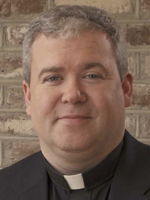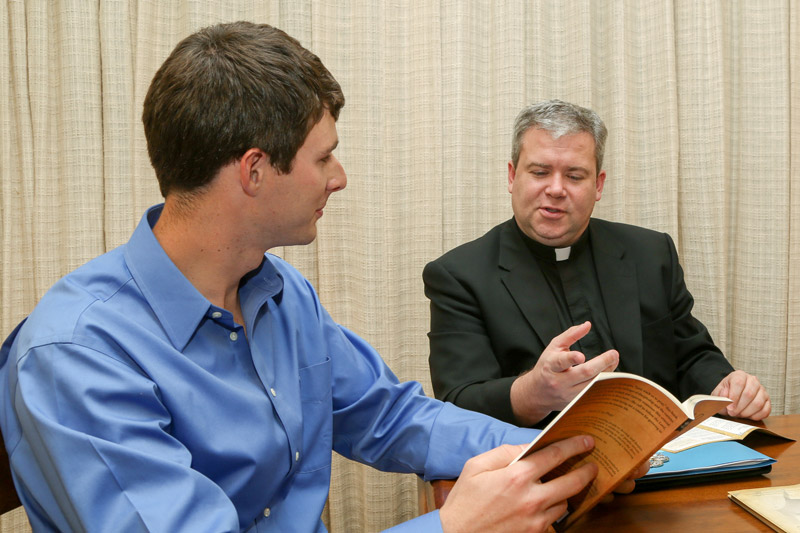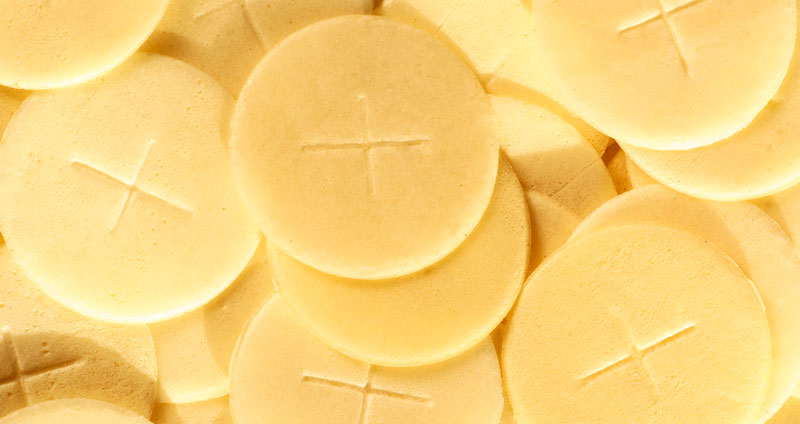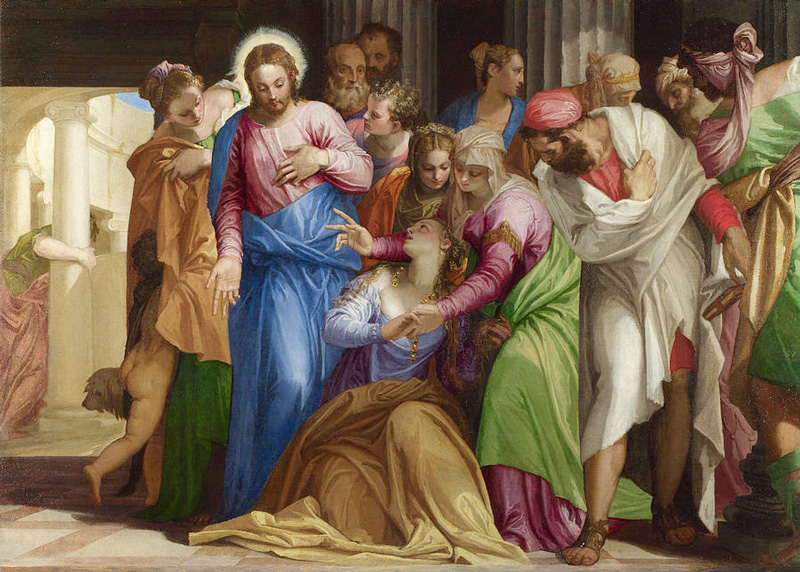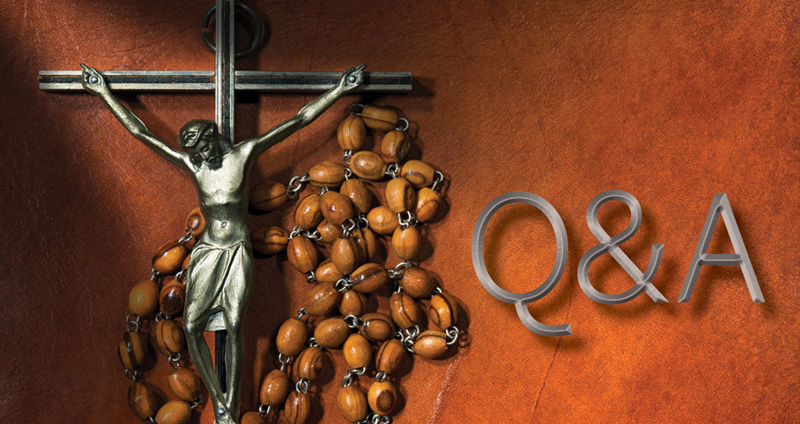
Q. Periodically, I attend non-Catholic funerals during which every Christian is invited to receive Communion. Is it appropriate for Catholics to receive Communion in such instances? (Aiken, SC)
A. This situation happens periodically in a pluralistic society where we are in the mix with other Christian communities and sometimes participate in their worship services, especially in situations of funerals and marriages.
The scenario is intensified because many Protestant communities have a very different understanding of the Eucharist. This difference of eucharistic belief flows into a practice of who can and who cannot receive Communion. Classical Protestant theology argues that the Eucharist is a symbol. It is not believed to be the Real Presence of Jesus Christ under the appearance of bread and wine. So the concept of a symbol of the Lord’s presence also becomes a symbol of unity. This leads to what is called an “open altar,” meaning any Christian believer, or any person of good will, can receive Communion.
I want to stress that this custom relies on the eucharistic theology of a symbol. If Communion is merely a symbol, then the reception of Communion is understandably without limits or conditions. This is why Catholics or Orthodox Christians can be made uncomfortable by a perhaps unintended pressure to receive Communion in a Protestant worship service. From the host’s perspective: Why not receive? And not receiving can be misinterpreted as a lack of charity or good will.
As Catholics, however, we know that the Lord Jesus gave us the Eucharist as the perpetual sacrament of his enduring presence among us. The Lord is present under the appearance of bread and wine and there are conditions to receiving Holy Communion. These are explained by St. Paul, who wrote: “So then, whoever eats the bread or drinks the cup of the Lord in an unworthy manner will be guilty of sinning against the body and blood of the Lord” (1 Cor 11:27).
As we can see then, within our tradition, receiving Holy Communion is a public act of faith. It’s a declaration of our communion with the Lord and also his Church. Receiving Communion in any Protestant service, therefore, is not appropriate for a Catholic since it would be a public declaration of something of which they do not believe and within which they are not in communion.
Incidentally, for all the arguments against Catholics refraining from Communion in Protestant services and claims of disrespect, I would remind our hosts that the greatest charity is to respect a person’s religious liberty. We refrain because of our beliefs and because of our respect to the beliefs of our hosts. I should also add that this is why Protestants are not asked to come to Holy Communion at a Catholic Mass. It’s our way of respecting what they believe and do not believe about the Church, the Eucharist, and the myriad of teachings surrounding them.
Q: Can a priest hear confessions outside on a park bench? I’m very uncomfortable about that and wonder if that’s allowed? (Columbia, SC)
A: While not usual, there are times when priests might hear confessions outside on a bench as part of the Sacrament of Reconciliation. It might be a retreat, or the line for the sacrament is light and he wants some sunshine, or for safety reasons or reasons of a safe environment of vulnerable peoples, the priest prefers not to be alone in an empty church.
Whatever the reason might be, the priest is bound to offer and ensure the privacy and confidentiality of the penitent who wants to go to confession. And so, you might consider approaching the priest and expressing your discomfort in such situations.
Father Jeffrey Kirby is administrator of Our Lady of Grace Church in Lancaster. Email him your questions at askfrkirby@gmail.com.

